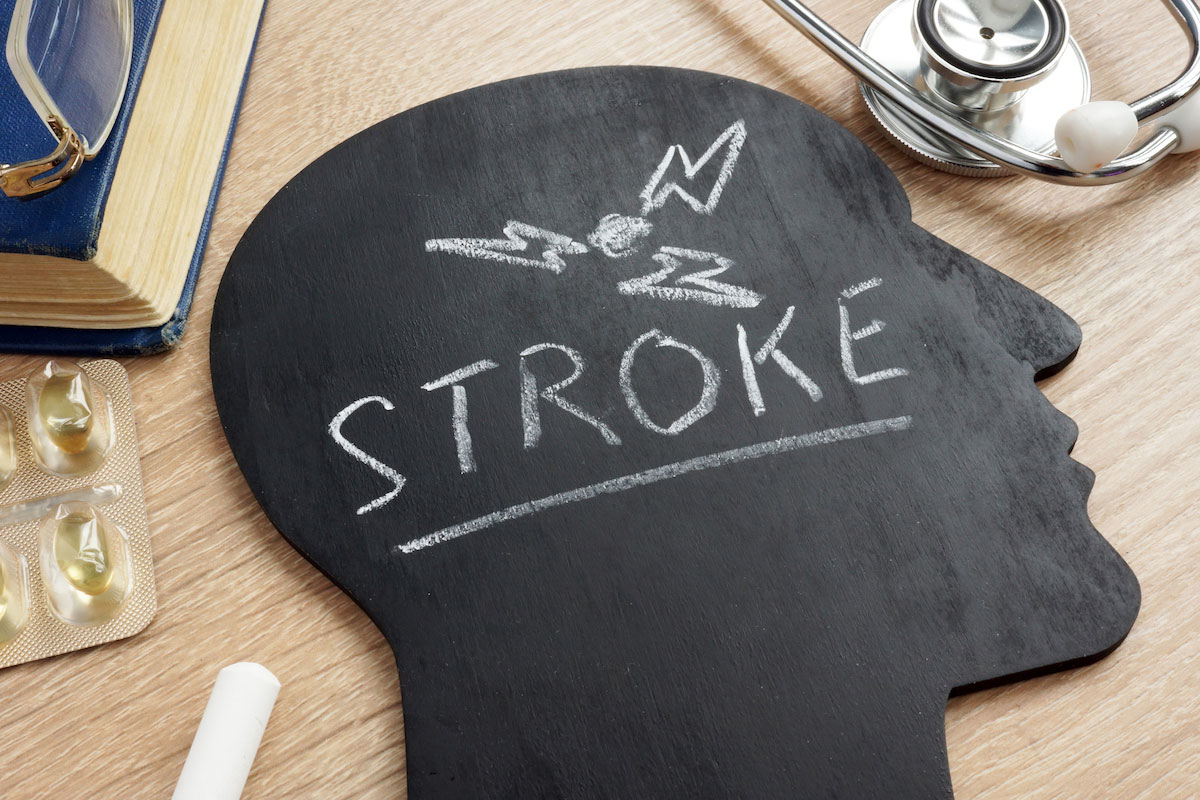

Emotional symptoms like depression and impulsivity.Physical symptoms such as weakness, paralysis and difficulty swallowing.Cognitive symptoms like memory problems and trouble speaking.The long-term effects of stroke - which vary from person to person, depending on the stroke’s severity and the area of the brain affected - may include: During this time, the stroke care team will evaluate the effects of the stroke, which will determine the rehabilitation plan. The typical length of a hospital stay after a stroke is five to seven days. They meet daily to discuss the patient’s condition, and some form of therapy is delivered as often as every hour during the first day or two. The rehabilitation team includes physiatrists, neurologists, physical and occupational therapists, speech-language pathologists and nurses. “At Johns Hopkins, rehabilitation starts around 24 hours after a stroke.” “Starting rehabilitation as soon as possible after the cause of the stroke is treated is vital in stroke recovery,” says Raghavan. If it is caused by a blood clot (ischemic stroke), clot-busting medication can help reduce long-term effects if you are treated in time.ĭepending on the stroke’s severity, you may need to spend time in intensive care or acute care. If you experience a stroke, you will likely be initially admitted to an emergency department to stabilize your condition and determine the type of stroke. But what happens in the days, weeks and months after a stroke? Johns Hopkins stroke rehabilitation specialist Preeti Raghavan, M.D., explains that “at times, the process can be slow and uncertain, and different people recover in a range of ways.”Īlthough recovery looks different for everyone, it can be helpful to get a sense of the stroke recovery timeline so you know what to expect after you or a loved one experiences a stroke. A stroke is an emergency situation, and the faster you receive treatment the better.


 0 kommentar(er)
0 kommentar(er)
